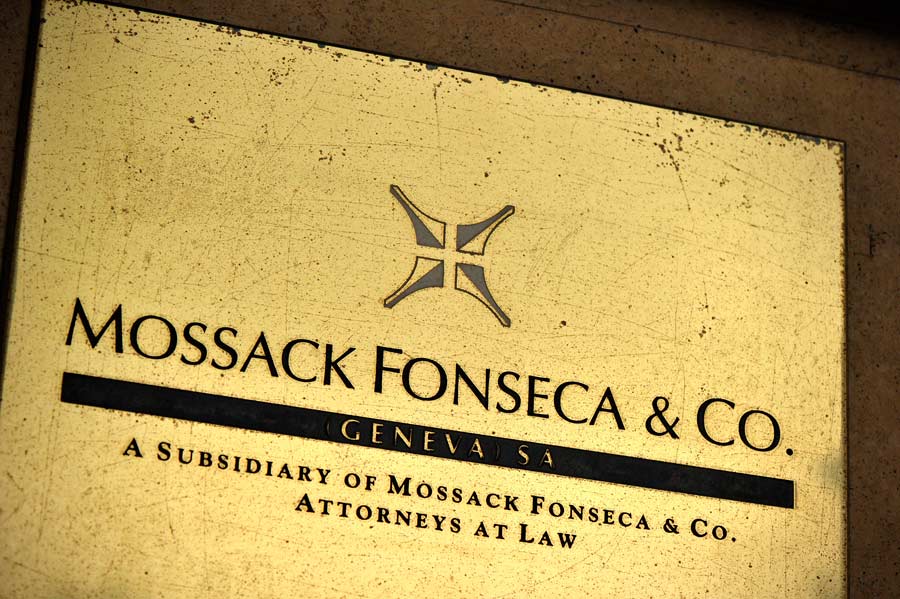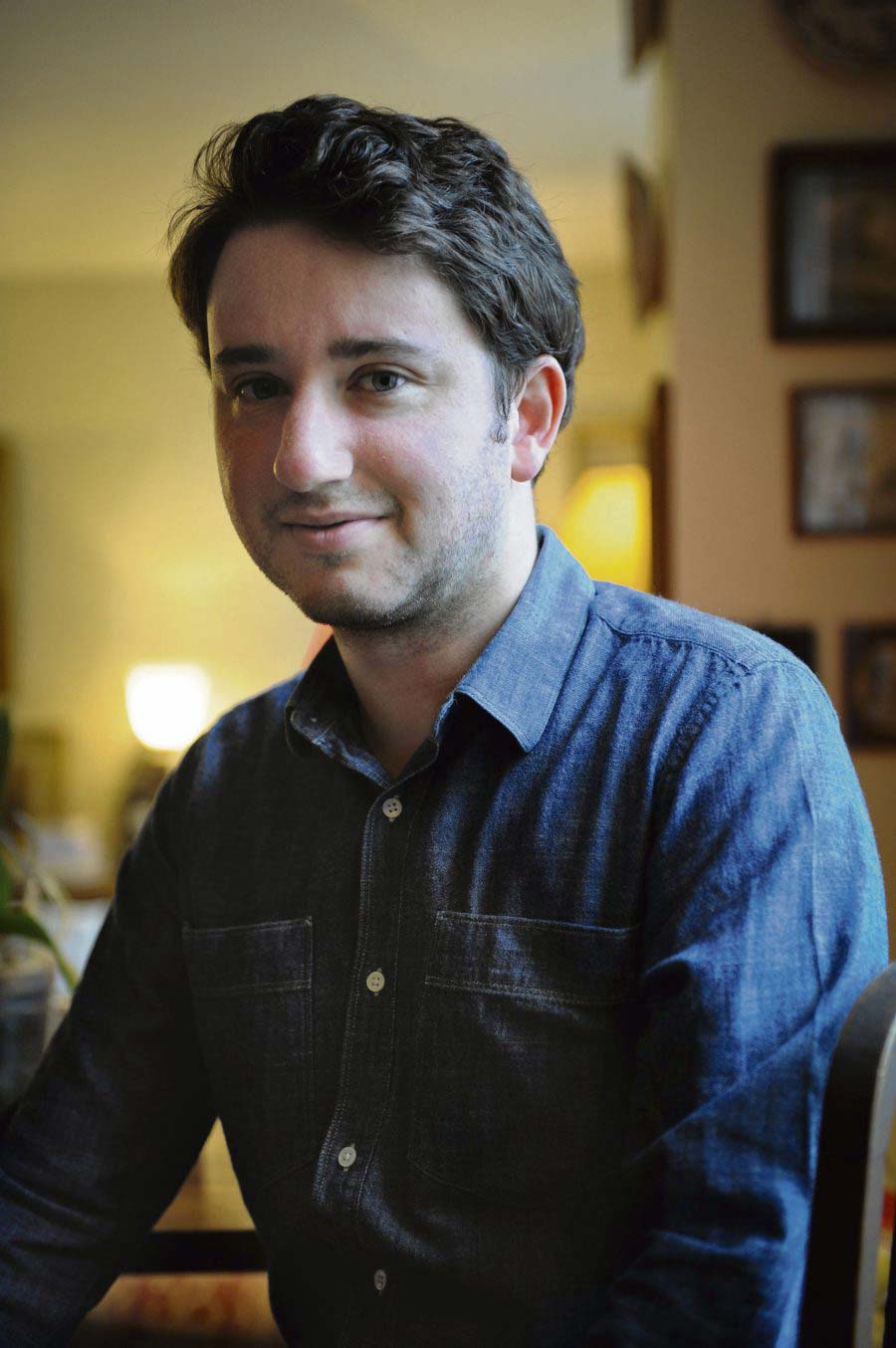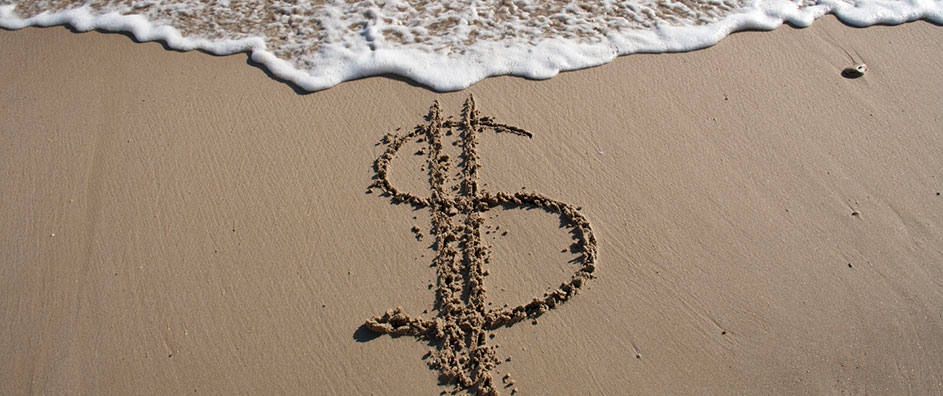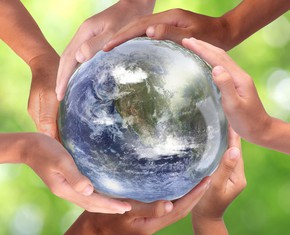The views expressed in our content reflect individual perspectives and do not represent the authoritative views of the Baha'i Faith.
Glory and honour for man are not to be found in fortunes and riches, least of all in those which have been unlawfully amassed though extortion, embezzlement and corruption practiced at the expense of an exploited populace. – Abdu’l-Baha, from Trustworthiness: A Cardinal Baha’i Virtue, a compilation of the Universal House of Justice, January 1987.
The recent leak of The Panama Papers—more than 11 million documents that bring to light the secretive world of shell companies, offshore tax-avoidance havens and global financial manipulation—has given the world a new window on financial corruption, and generated widespread outrage.
These papers, once they’re released by the various news organizations now combing through them, will likely generate even greater outrage.
Why? Well, many people have long suspected that some hyper-rich billionaires, corrupt political leaders and wealthy celebrities used surreptitious ways to shelter their income from taxation, but the Panama Papers prove it. From a Panamanian law firm that specializes in helping the wealthy hide vast sums of money, the Panama Papers reveal a damning trail of evidence that names names, lists amounts and reveals the sophisticated methods the superrich use to avoid paying their fair share of taxes.

The revelations in the Panama Papers have already resulted in the resignation of one head of state, and as the details of the voluminous documents slowly emerge, may result in more. They have identified many world leaders, politicians and their financial surrogates from diverse nations—Russia, China, and multiple European and African countries—who have hidden vast sums of wealth from their own country’s tax systems.
Is this illegal? Depending on the laws of your country, maybe—or maybe not. Is it immoral? Well, allow me to explain how all of this works, and then you can answer that question for yourself.
Have you heard the word “kleptocracy?” From the Greek words for “thief” and “power,” a kleptocracy is a government that allows its ruling class and its officials to steal vast amounts of wealth. Whether by embezzling state funds; through business-linked favoritism, bribery, extortion and corruption; or from criminal activity and money laundering, kleptocrats enrich themselves at the public trough, secretly transferring their ill-gotten gains into anonymous and often untraceable shell companies, corporations and hidden numbered “offshore” bank accounts. Often corrupt politicians and bureaucrats find ways to profit from their own country’s misery, and literally treat its treasury as their personal source of wealth.
Examples abound. Take the formerly-united African nations of Sudan and South Sudan, for example. South Sudan gained its independence in 2011, after a protracted civil war and the human rights crisis in Darfur. That did not change the corruption in Sudan, however—instead, it flourished. Called one of the most corrupt nations on Earth by Transparency International’s Corruption Perception Index, Sudan waged its internal war primarily over resources. The impoverished African tribes in the South wanted their portion of the country’s oil wealth; and the mainly Arab government in the North did not want to share it. As a result, the Sudanese president, Omar al-Bashir, became the first sitting head of state to be indicted by the International Criminal Court for genocide, accused of directing a campaign of mass killing, rape, and pillage against the African tribes of the South. Meanwhile, the Wikileaks data shows that al-Bashir has bank accounts in foreign countries that total approximately $9 billion—which he has denied.
So why should people care if the superrich want to avoid paying taxes on their wealth?
First, avoiding taxes robs every country of its ability to take care of its poorest people.
Second, when a kleptocrat hides wealth, it raises suspicions that the wealth wasn’t legally obtained.
Third, when the wealthiest people in any society try to avoid their civic duty to help support that society, it causes “failed states”—nations that cannot meet their obligations to their people or to the international community.
Fourth, hidden wealth destabilizes entire countries and the community of nations itself, by turning them from net creditor nations to debtor nations.
Fifth, hidden wealth harms global development by siphoning off and concealing wealth that could help rescue the world’s poorest economies.
Sixth, the shadowy shell companies that hide wealth have become the chief vehicles for evading international sanctions against countries that sponsor terrorism and rogue states that break international treaties, especially the manufacturing of nuclear weapons.

Gabriel Zucman
Seventh, and maybe most important, all this hidden wealth—estimated by UC Berkeley economist Gabriel Zucman at $7.5 trillion U.S., twice the size of the U.S. GDP—makes the widening gap between the rich and the poor ever larger. By allowing the superrich to keep their billions, without paying legitimate taxes, no fair and equitable system of taxation can ever apply; and the burden of actually paying for government services increasingly falls on those who can least afford it.
Finally, avoiding taxes simply isn’t fair. That lack of fairness destroys everyone’s faith in the system of governance they live under, and generates enormous anger.
The Baha’i teachings have a great deal to say about this deeply unjust state of international affairs, and offer a full set of remedies designed to bring about equity, unity and fairness. When those remedies are applied—and Baha’is believe that they must eventually become a reality—the world would start operating with much more efficiency and justice.
Then that hidden $7.5 trillion—which, even though it’s at the low end of most estimates of the world’s tax haven-deposited wealth, represents 8% of the global economy—would actually benefit humanity, rather than just a very few corrupt individuals.
In this series of essays, we’ll look at how the Baha’i teachings address this huge international issue.
Next: The Smoke of Corruption, Enveloping the World
You May Also Like
Comments

















(Baha'u'llah, Epistle to the Son of the Wolf, p. 55)